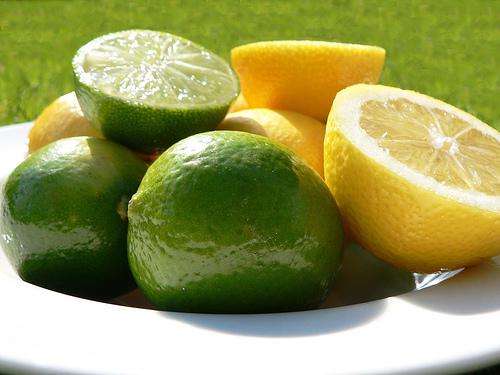How useful vitamin C?
 Bashny.Net
Bashny.Net

The daily diet!
Vitamin C (ascorbic acid) are a group of water-soluble vitamins. A considerable amount of it is contained in vegetable products and the minor - of animal origin. Ascorbic acid must be ingested with food on a daily basis, as it is not synthesized in it, and is used for vital processes continuously. The daily requirement of the adult healthy person for vitamin C is 80-200 mg for children, from the neonatal period - 20-60 mg. In infants this rate depends on the content of vitamin in breast milk, which meets about 52 mg / l. When artificial feeding of ascorbic acid - is adapted infant formula containing this vitamin in an amount of from 50 to 85 mg / l.
The main source of ascorbic acid are vegetables, fruits and berries. Most vitamin C include dried rose hips, black currants, oranges, lemons, kiwi, potatoes, cabbage, parsley, green onions, tomatoes. In a small number it is in carrots, beets, cucumbers, grapes, plums, pears, peaches, bananas.
How useful vitamin C?
Ascorbic acid normalizes the metabolism of proteins, fats, carbohydrates, stimulates the synthesis of collagen and hyaluronic acid - the main intercellular substance that helps to strengthen the vascular walls. This ensures normal permeability of the capillary walls, which prevents bleeding, promotes blood clotting, helps to preserve the integrity of the bone and cartilage, improves tissue regeneration. Ascorbic acid increases the body's resistance to adverse external influences and infections due to increased phagocytic activity of leukocytes and bactericidal properties of blood, improves antitoxic belkovosinteziruyuschuyu and liver function. It stimulates the production of hormones of the cortex of the adrenal glands, pituitary and thyroid glands. In addition, ascorbic acid stimulates hemoglobin synthesis by improving the use of this process in iron, protein and folic acid, regulates the metabolism of cholesterol, and many amino acids.
Tags
See also
Than synthetic vitamins differ from natural
How useful carrot juice for adults and children
How useful Kombucha for health
How to preserve vitamins in foods
What is the use of raisins for Your health
How useful brew children
How useful pine nut?

















